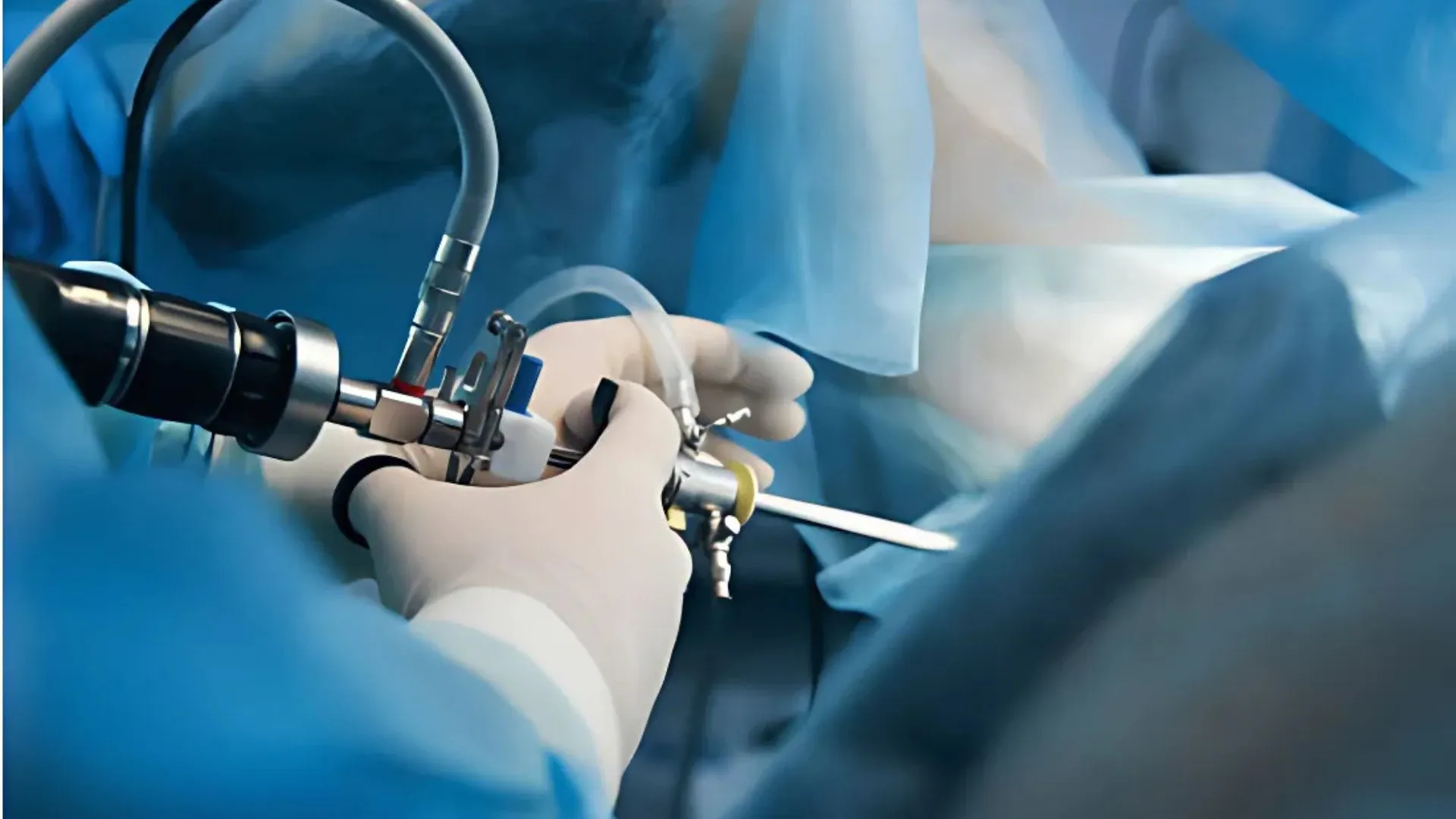Functional Endoscopic Sinus Surgery (FESS)
Functional Endoscopic Sinus Surgery (FESS) represents a minimal invasive intervention in which blockages of the sinuses are cleared and proper drainage is restored. This procedure uses an endoscope to remove obstructions, including polyps, without the need for external incisions. It‘s ideal for chronic sinusitis unresponsive to medical treatment.

FESS enhances the drainage of the sinus and its aeration, thus alleviating symptoms such as nasal congestion, nasal discharge, and pressure over the sinus region. The procedure is less invasive and unlike other classical surgeries on the sinuses, and usually performed under general anesthesia. Recovery after FESS is much faster with up to 24 hours of stay at the hospital.
Symptoms that May Indicate a Need for FESS
Common symptoms of sinus issues that may need FESS include chronic nasal congestion, recurrent nasal discharge, facial pressure, headaches, and decreased sense of smell.
Preparation for Surgery:
Before FESS, patients usually undergo a preoperative consultation that includes a review of their case history and the performance of necessary tests. Instructions may include fasting and possibly the administration of certain medications, as advised by the doctor. Options for anesthesia and pain management are discussed in order to have a smooth procedure and recovery.

When is Functional Endoscopic Sinus Surgery (FESS) Generally Recommended?
FESS is recommended in chronic sinusitis that is unresponsive to pharmacological treatment, recurrent acute sinusitis, nasal polyps, fungal sinusitis.
- Chronic sinusitis not responding to medication
- Recurrent acute sinus infections
- Presence of nasal polyps
- Fungal sinusitis
